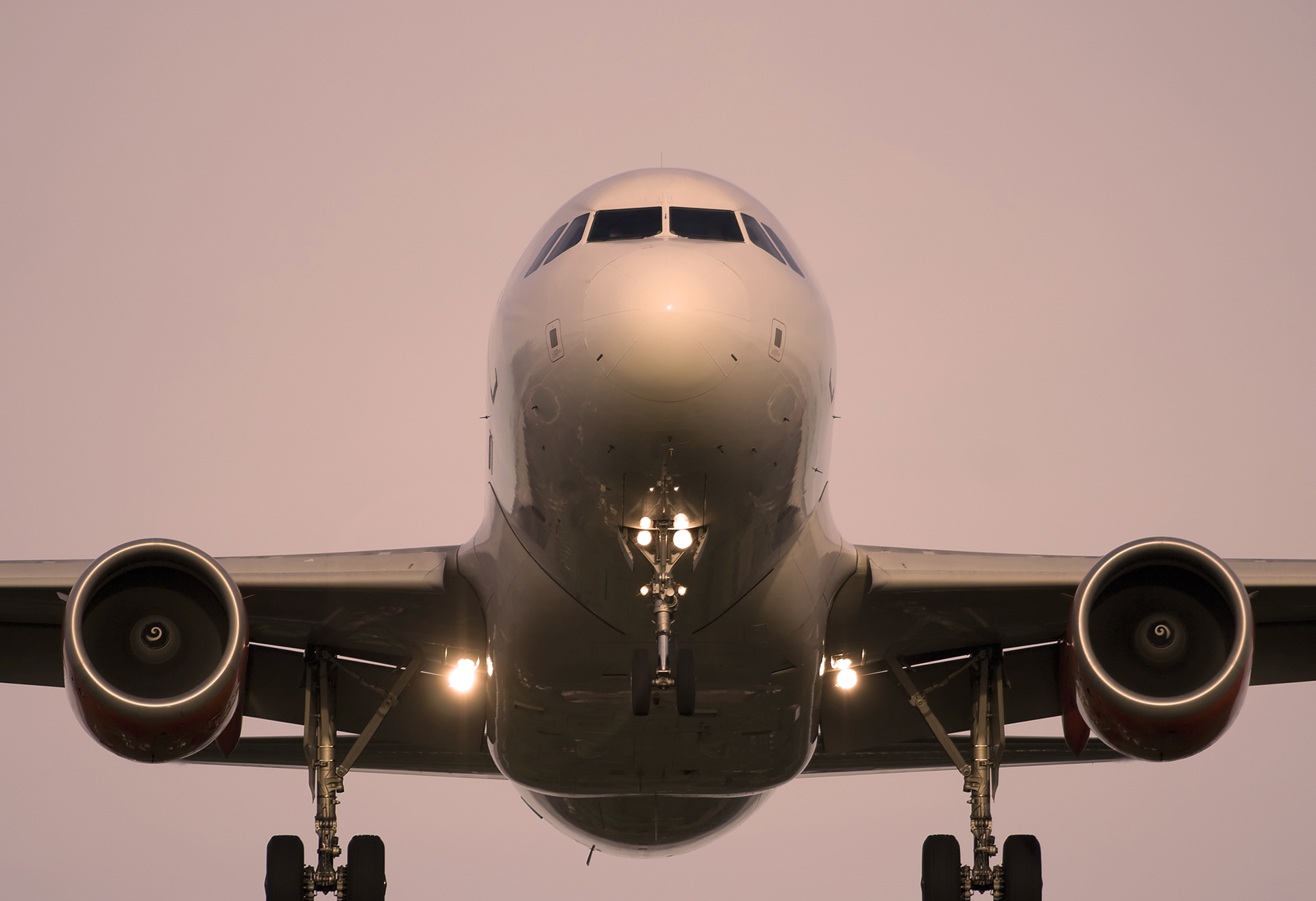The International Air Transport Association (IATA), along with member airlines, the Association of Brazilian Airlines (ABEAR) and the Latin American and Caribbean Air Transport Association (ALTA), yesterday held various meetings with parliamentary authorities in Brazil. The aim of the face-to-face session was to ensure continued close collaboration between industry and Government, paving the way for the country’s air transport sector to remain competitive as it emerges from the COVID-19 crisis.
The government of Brazil was supportive of the industry during the COVID-19 crisis, allowing airlines to largely maintain both domestic and international connectivity. By contrast, in other parts of the world, airlines were forced to scale back their operations and are now struggling to bring back capacity at a time where staffing levels are a challenge across the entire value chain.
To ensure Brazil’s competitiveness on a global scale, government and the industry must continue their collaborative course in:
· Adherence to global best practices and standardization:
- Baggage Allowance
International best practice is that setting baggage allowances is at the commercial discretion of an airline, with pricing transparency ensuring that consumers are well informed of their choices.
Consumers thus benefit from the flexibility to tailor their purchase decision to their individual travel needs.
Government mandates would deprive airlines from providing unique value propositions to meet individual consumer needs. They would also limit consumer choice in the marketplace, as carriers would be forced to align their offerings to government regulation.
Preserving pricing freedoms supports a dynamic, competitive aviation sector in Brazil.
Establishing local rules and not abiding by international standards will have negative impact on airlines’ ability to maintain and increase connectivity.
- Environmental Tax
The Municipality of the City of Guarulhos fast-tracked and approved legislation that will impose an environmental preservation tax (TPA) on all airlines operating at the city’s international airport (the largest in the country serving the City of Sao Paulo) as of 1 January 2023. The total TPA will be calculated on the aircraft weight before take-off. IATA and other industry associations have expressed concerns about the proposed tax. Legal action against the City of Guarulhos is currently under consideration, as the measure contravenes the federal law under which aviation-related emissions are regulated in Brazil.
· Fuel:
o The skyrocketing price of jet fuel is a major threat to the industry’s recovery and negatively impacts potential air connectivity at this critical time.
o Fuel represents a substantial portion of airlines’ operating costs over which they have little to no control.
o Brazil produces around 90% of the jet fuel required in the local market, but prices it as if it were all imported. In addition, jet fuel for domestic flights has a very high value added tax, further increasing costs for airlines to operate domestic flights. Hence the cost of jet fuel is artificially inflated making Brazil one of the highest priced markets in the world.
o The Government of Brazil needs to continue to explore all options in order to reduce the jet fuel pricing.
Addressing these two critical areas is important to maintain and grow Brazil’s connectivity, both domestically and internationally, and provide more options for travelers. The country is already Latin America’s largest aviation market. Pre-pandemic the air transport sector supported 1.1 million jobs and contributed some $27.5 billion to the nation’s GDP. Over the next 20 years, Brazil has tremendous potential and is set to be one of the fastest growing markets globally alongside countries including Indonesia and India. In 2019, with a population of over 211 million, just over 95 million trips by airplane were taken in Brazil, which equates to trips per capita of just 0.45. In contrast, the comparatively smaller market of Chile had a per trip capita of 1.23, with markets like the USA reaching 2.60 or Spain with 4.45. To realize this potential growth, the Government needs to consider aviation as a means of public transportation.
If Brazil focuses on its competitiveness by reducing costs and ensuring its regulatory policies comply with international standards, then connectivity will go up and more options are provided to its travelers.



